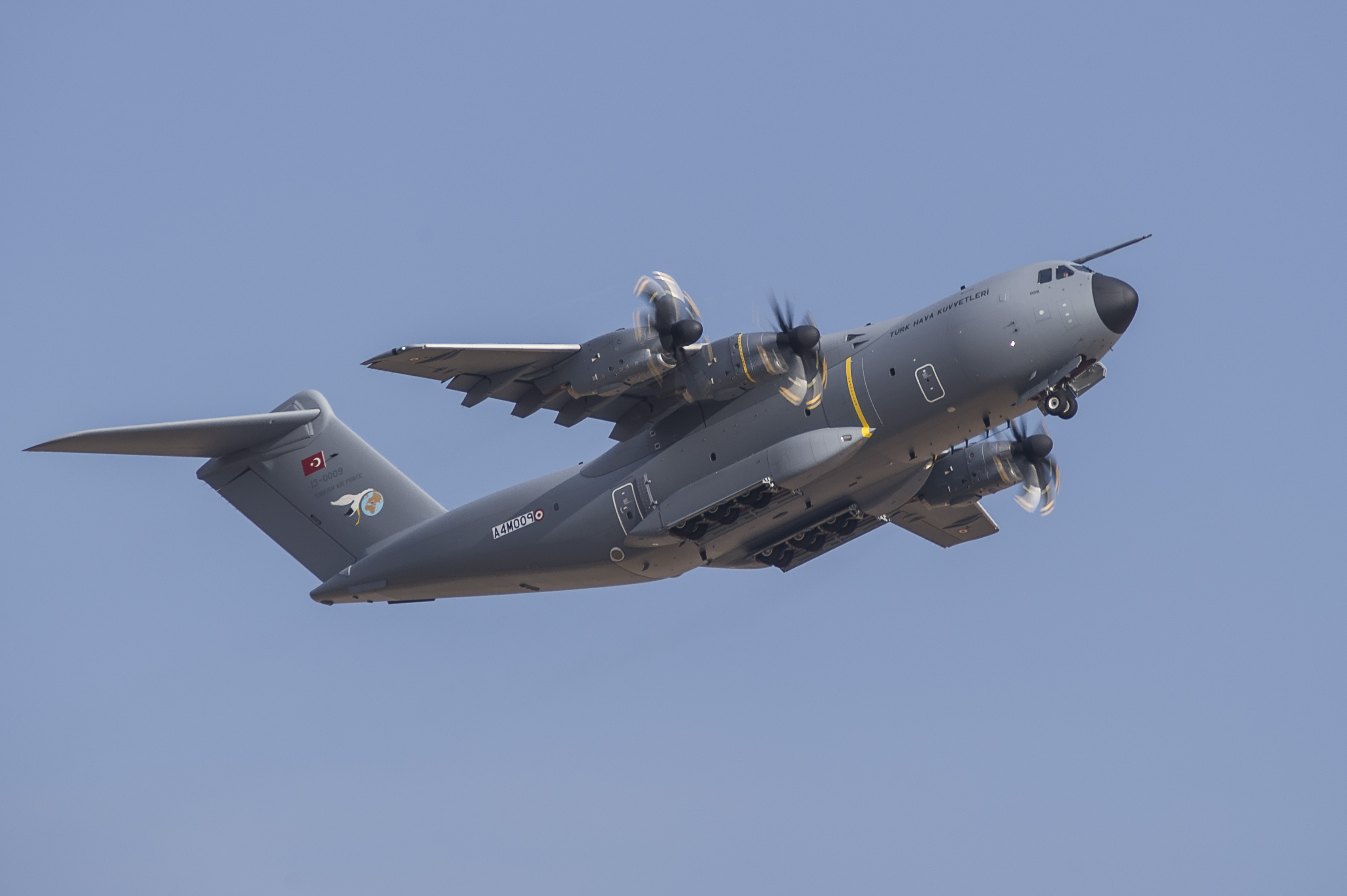Military
Airbus Confirms Engine Failure on Military Plane Crash in Spain
Published:
Last Updated:

The United Kingdom, Germany, Turkey and Malaysia grounded their A400m transports following the crash. Germany is also reported to be considering seeking compensation of as much as €300 million for delays in shipments of the plane.
A report Tuesday in Defense News cited “unnamed aeronautical sector sources” who said that several protocols were ignored in final assembly of the crashed aircraft. The sources said that Airbus skipped the testing because it was in a hurry to make up for delays in the development and delivery of the plane. The computer system that controls the plane’s engines, called a FADEC, “should have been tested before, in a simulator, to check if everything worked.”
ALSO READ: Is Boeing Holding Back Order Announcements Ahead of Paris Air Show?
In a statement released Wednesday morning, Airbus Defence and Space said:
[Spain’s military aircraft accident investigative commission] CITAAM confirmed that engines 1, 2 and 3 experienced power frozen after lift-off and did not respond to the crew’s attempts to control the power setting in the normal way, whilst engine 4 responded to throttle demands. When the power levers were set to “flight idle” in an attempt to reduce power, the power reduced but then remained at “flight idle” on the three affected engines for the remainder of the flight despite attempts by the crew to regain power. This statement is consistent with those three engines being affected by the issue addressed with our [Alert Operator Transmission] AOT.
The AOT was issued on May 19 and “requires” A400m operators to perform specific one-time check on the electronic control units for each engine before the aircraft’s next flight and introduced “detailed checks to be carried out in the event of any subsequent engine or [electronic control unit] replacement.”
Airbus’s military division continued its test flight program on the A400m with a one-hour, 50-minute flight from Toulouse to Seville on May 12. However Spain’s “military authorities” temporarily suspended the company’s license to perform flights with production aircraft that are being prepared for delivery. The crashed plane was scheduled for delivery to Turkey, which already owns two of the planes.
ALSO READ: 10 Stocks to Own for the Next Decade
The four-engine turboprop A400M can be fitted out as a refueling tanker, a cargo plane, a medical transport or a troop transport for up to 116 people or paratroopers. The planes are assembled at the Airbus plant in Seville. A total of 174 have been ordered and 12 have been delivered. Airbus has said that it continues previously planned final assembly of planes at the Seville plant.
Retirement can be daunting, but it doesn’t need to be.
Imagine having an expert in your corner to help you with your financial goals. Someone to help you determine if you’re ahead, behind, or right on track. With SmartAsset, that’s not just a dream—it’s reality. This free tool connects you with pre-screened financial advisors who work in your best interests. It’s quick, it’s easy, so take the leap today and start planning smarter!
Don’t waste another minute; get started right here and help your retirement dreams become a retirement reality.
Thank you for reading! Have some feedback for us?
Contact the 24/7 Wall St. editorial team.